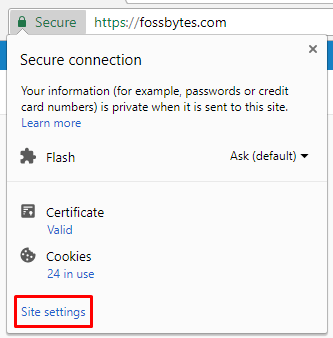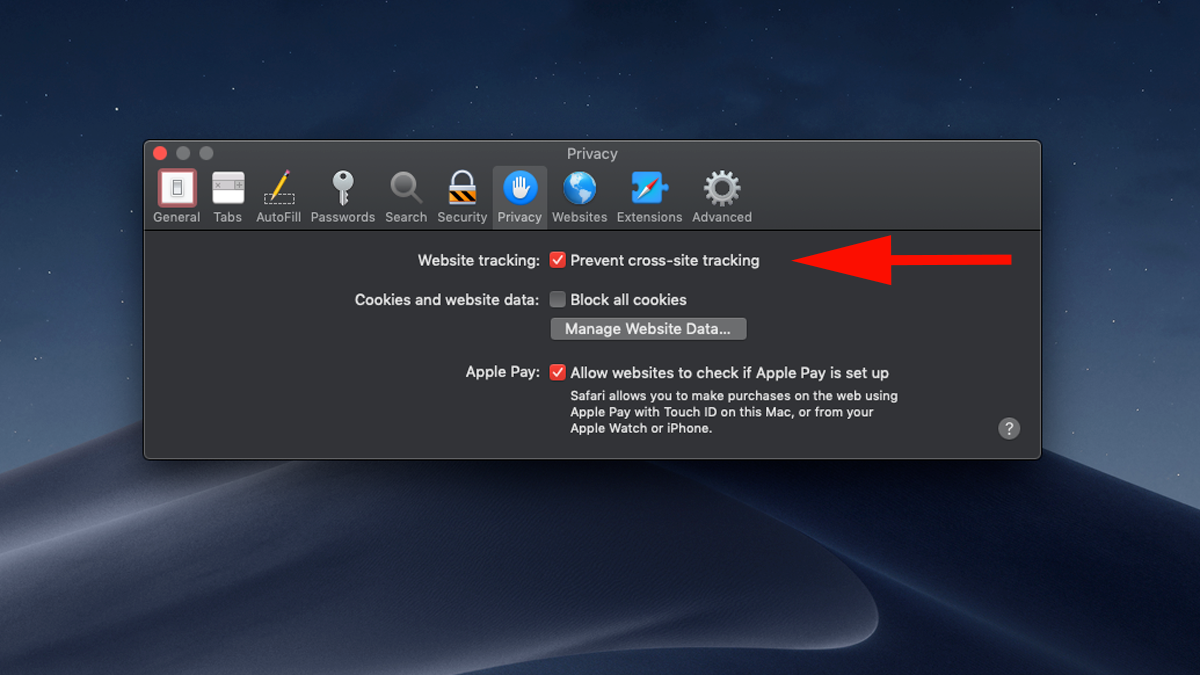
Now, if you use AdSense to generate revenue on your site by hosting Display ads, you’re going to want to ensure that you don’t have banners all over the screen (particularly on mobile devices). It’s also worth noting that, at this time, there’s no way for you to view a potential ad placement’s pass/warning/fail status and use that information to exclude non-compliant sites. This is due to the fact that Google has not made its own network exempt from the pattern-scanning that underpins Chrome’s ad blocker. If you’re prospecting or remarketing on the Display Network, it’s possible that your ads will be blocked due to issues with your placements a site serving too many ads via AdSense could very well be penalized, but you won’t be forced to pay for their indiscretion. Will Chrome’s Ad Blocker Impact Your Paid Search & Social Advertising?Ĭhrome’s ad blocker will not interrupt your paid search advertising in the slightest (unless Google’s willing to call a handful of ads on a mobile SERP 30% saturation. Outside of preroll/midroll video ads, inoffensive banner creative, native ads, advertorials, and, of course, search ads, sites that host ads will now be pretty restricted in their ability to serve up valuable on-screen real estate to paying customers. The ad formats that the Coalition for Better Ads and Google deem bothersome enough to block on mobile devices moving forward are as follows:
#Chrome ad blocker update
Google’s blog post on the new ad filter update goes on to state that, more often than not, the problems stem from issues with ad delivery on third-party sites, not the advertisements (and by extension, the advertisers) themselves.Īs you can see in the diagram above, Google’s focus on cleaning up the mobile browsing experience is glaring. Per Google, “While most advertising on the web is respectful of user experience, over the years we’ve increasingly heard from our users that some advertising can be particularly intrusive.” While third-party tools have been banging this drum for a minute now, Google’s finally decided to work its own solution directly into its browser. Why Is Google Releasing an Ad Filter for Chrome? Here’s what the new Chrome ad filter is actually going to do (and how it’s going to do it). This aligns with other recent Google innovations, like, say, the AMP Stories we talked about earlier in the week and the so-called Speed Update. And if they can't, well, a whole lot more people are going to start learning about Pi-holes.It would appear that the primary purpose of this fright-inducing new feature is to combat and eradicate poor mobile browsing experiences. Google said that further details about the move to Manifest V3 in Chrome will be shared closer to the rollout date, and promised to continue adding new capabilities to it "based on the needs and voices of our developer community." A detailed timeline on the Manifest V2/V3 changeover is available on the Chrome Developers site.Įven if Google does kill off ad blockers as we know them in Chrome, extension devs will likely find workarounds to keep avoiding ads.

"The reasons they have stated publicly don't fully make sense."

Senior staff technologist Alexei Miagkov, who co-authored that post, told The Register that the EFF's position on the new Manifest V3 standard, and Google's justification for it, hasn't changed.

If Google decides that privacy extensions can only work in one specific way, it will be permanently tipping the scales in favor of ads and trackers." As a result, the blocking extensions need to evolve too, or risk becoming irrelevant. "When particular privacy protections gain popularity, ads and trackers evolve to evade them. "For developers of ad- and tracker-blocking extensions, flexible APIs aren’t just nice to have, they are a requirement," the EFF wrote. The Electronic Frontier Foundation also took issue with Google's claims, saying in a 2019 statement that while the Manifest V3 standard may not be aimed at killing ad blockers specifically, it could easily happen as a side effect of limits the new API will put on developers. As a result, such technologies and tools could adversely affect our operating results." "Most of our Google revenues are derived from fees paid to us in connection with the display of ads online.

"Technologies have been developed to make customizable ads more difficult or to block the display of ads altogether and some providers of online services have integrated technologies that could potentially impair the core functionality of third-party digital advertising," the filing states.


 0 kommentar(er)
0 kommentar(er)
